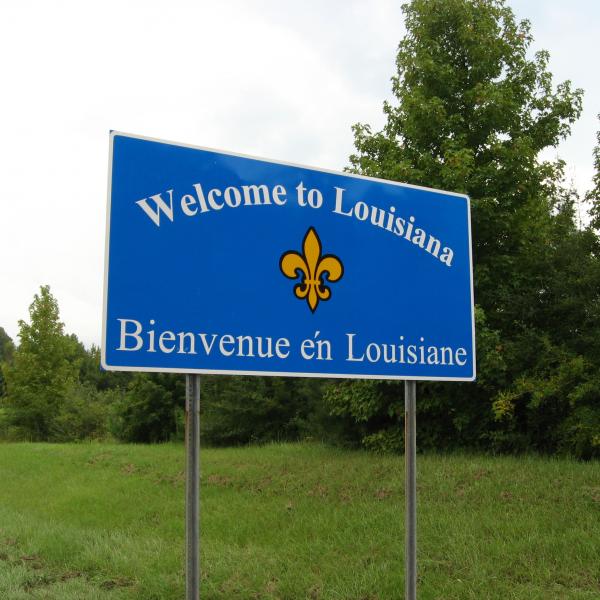Well, I’ve been meaning to post for a while now, but I didn’t get around to it. So, although this hearkens back to some of our previous class discussions, it also brings up one of our newer issues of authenticity. Please let me know what you think.
Last week I attended the Chuck Berry concert, and other than Chuck, his son, and his daughter (no, not even the rest of his band), I didn’t see another African American in the place… and it was packed. I don’t think I would have noticed this ever before, but since we have been talking so much about race and “black music,” I noticed. I really had never considered race to matter in music – it didn’t matter to me and I had never thought about it. I don’t even know at what point I learned the races of people like Chuck Berry and Buddy Holly, or even Little Richard, but I just lumped them all into the same category regardless of race. I don’t think I could have even identified if it was a black or white person singing, all I knew was that I liked the music. I love the ‘50s and rock and roll, and if I could have a poodle skirt and go out there and dance to the music, I would be content. I never considered that not everybody loves this music, or that it might have been targeted specifically to people like me (young, white). So, when I saw a mixture of old and nostalgic, and young and enamored white people hanging out at the Chuck Berry concert, it made me think. Maybe you guys can help me answer some of these questions:
- Did/do any African Americans like Chuck Berry? Was it just a fluke that no black people were present at the concert the night I went, or do many African Americans feel that Chuck Berry “sold out” or “whited out,” and therefore don’t like his music?
- Is rock and roll “black music”? Chuck Berry is almost single-handedly credited with inventing the genre. Did some black folk despise rock and roll, even though it was created by an African American and “the immediate roots of rock and roll lay in the so-called "race music" and hillbilly music (later called rhythm and blues and country and western) of the 1940s and 1950s. Particularly significant influences were jazz, blues, boogie woogie, country, folk and gospel music.” (Wikipedia, “Rock and Roll”). Or is it just rock and roll performed by black artists that other African Americans wouldn’t have liked (if indeed they had a problem with it)?
- Can Chuck Berry be considered authentic? I doubt many people would considered him authentic, since he is possibly a “sell-out” and at the very least “commercialized.” But why wouldn’t his music be authentic? Were white people holding the strings? Probably. But Chuck still got to come up with his sound and write his songs, didn’t he? And rock and roll clearly came out of “black music” that some might consider authentic.
So, what’s the deal, here? What does constitute “black music”? Is all “black music” authentic? How can we determine if something is authentic or not? I realize I have a lot of questions, and I’m not sure if there even are answers, but I would love to know what you think so maybe you can help me figure this out. Apparently I can’t ignore that race does matter in music, but I still don’t know just how significant its importance is.
-- Danielle Asay



